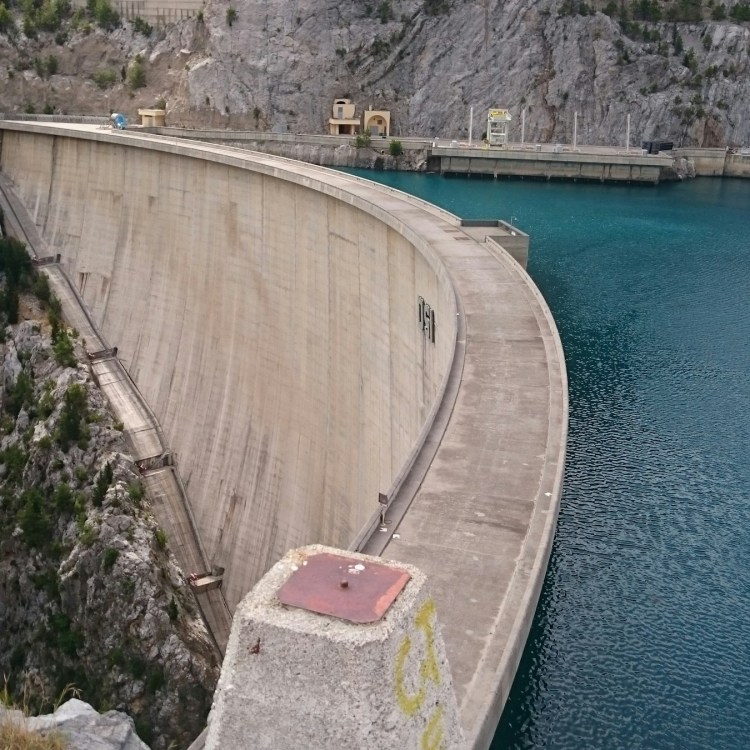Coral reefs are disintegrating faster than almost anywhere else, and a new study shows that severe bleaching events are far more common now than they were 35 years ago, according to The Atlantic. A bleaching event is one of the fastest ways to kill a coral reef, and it is the main way that corals react to the hotter oceans of climate change. What happens is that coral polyps expel their algae out of stress when the water gets just a few degrees warmer. The entire branching colony turns white (or bleaches). Then, if the water doesn’t cool down fast enough, the coral colony either starves to death or gets infected and then it dies. Even if they survive, it takes 10 years for them to fully recover. Back in the 1980s, bleaching events were very rare, and they only occurred once every 25 to 30 years. But by 2016, bleaching events had increased fivefold. Mass coral-bleaching events now happen, on average, about every six years, which is far too fast for ecosystems to recover from.
Thanks for reading InsideHook. Sign up for our daily newsletter and be in the know.


















